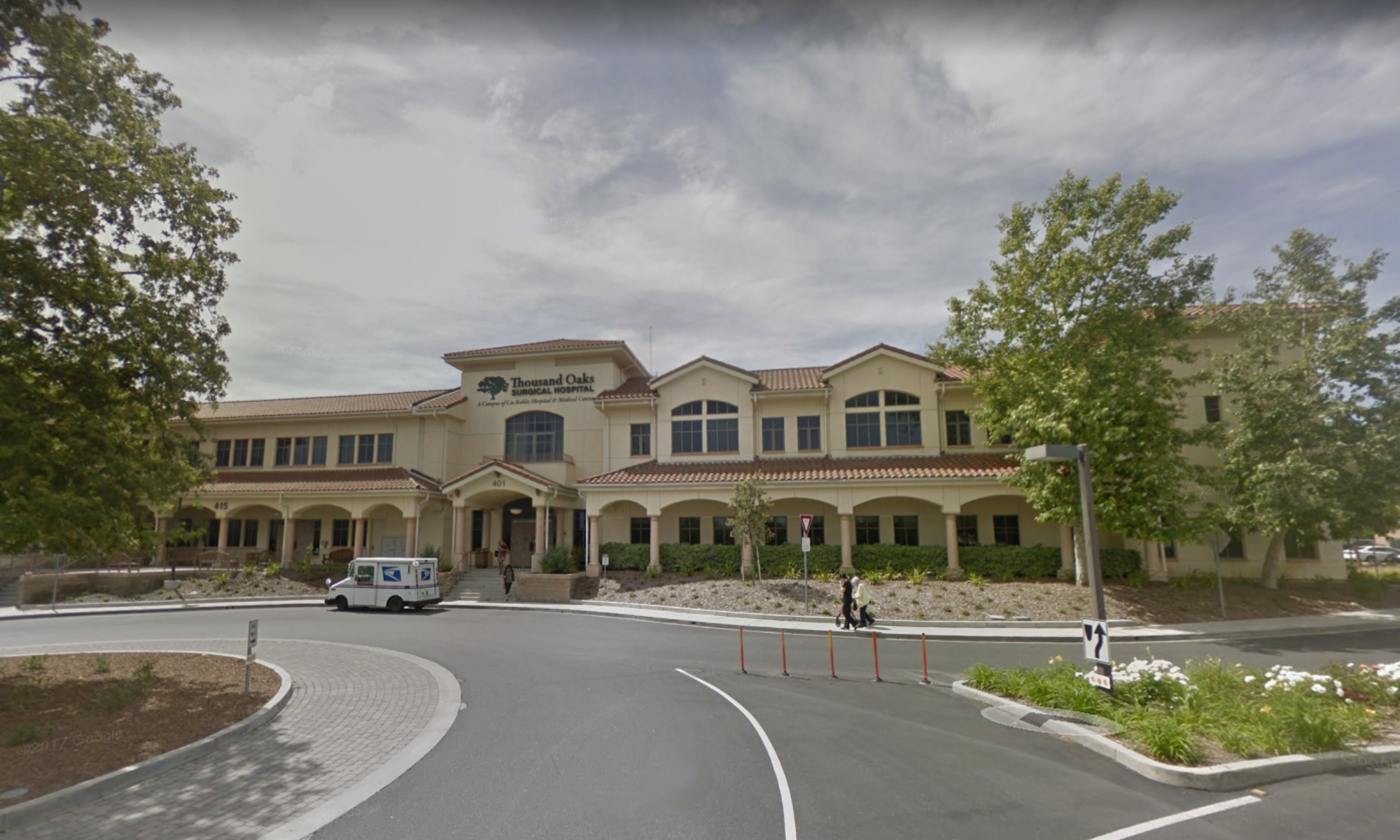Clients ask me this question quite a bit. The answer depends on many factors and it is different for each client depending upon the current market parameters and their unique circumstances.
Right now, the California commercial real estate market for retail, office and industrial properties for sale and for lease in which I specialize in is pretty hot and has been for many years. Prices for both sales and leasing have exceeded all-time highs historically in most California cities especially in Southern California where most of my transactions take place. So, when prices are high it means that it’s not a good time to buy or lease, right? Not necessarily. And what if you have a business and have to do one or the other, which one do you choose?
I define businesses that can occupy at least 51% of a building as “owner/users”. Many times owner/users can pay more for a building because they can get a better loan than investors buying properties not occupying at least 51% of the building. They also usually get better tax treatment when owning rather than leasing. Owner/users have been buying quite a bit in the last couple of years. They are buying even though prices are high, because of low interest rates and preferential tax treatment. The draw for these types of buyers is that it is better compared to leasing and, many times, that proves to be the case. If they don’t occupy the entire building, but at least 51%, then they can lease out the rest of it which can also add to the positive bottom line.
Whether you are an owner/user, or a business that can’t qualify as an owner/user, you have to compare the costs of leasing versus buying. You have to take into consideration not only the loan and down payment costs, but also the tax implications. This is where your unique circumstances come into play.
Here are some common reasons why you shouldn’t or can’t buy. In these situations, leasing is better: If you don’t have enough money for a down payment, if you can’t qualify for a loan, if you might significantly expand or contract your space in the future, if you don’t have money for building improvements that landlords take care of if leasing instead, and many more reasons.
There are many factors that go into figuring out if it’s better to buy or lease. Every situation doesn’t come out with the same answer. A good broker can advise you and help you to figure out the right answer for you. More on how to find a good deal on a property to buy in any market.
If you want to learn more about leasing, buying and/or selling any and all types of commercial spaces in California or if you have questions about any subject related to commercial real estate, please contact David Massie of DJM Commercial Real Estate at david@djmcre.com or 805-217-0791.


